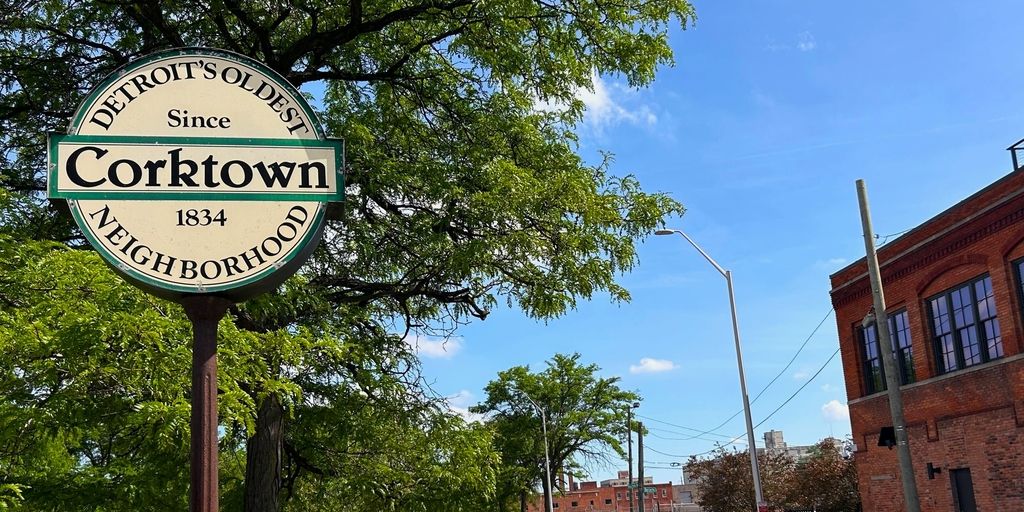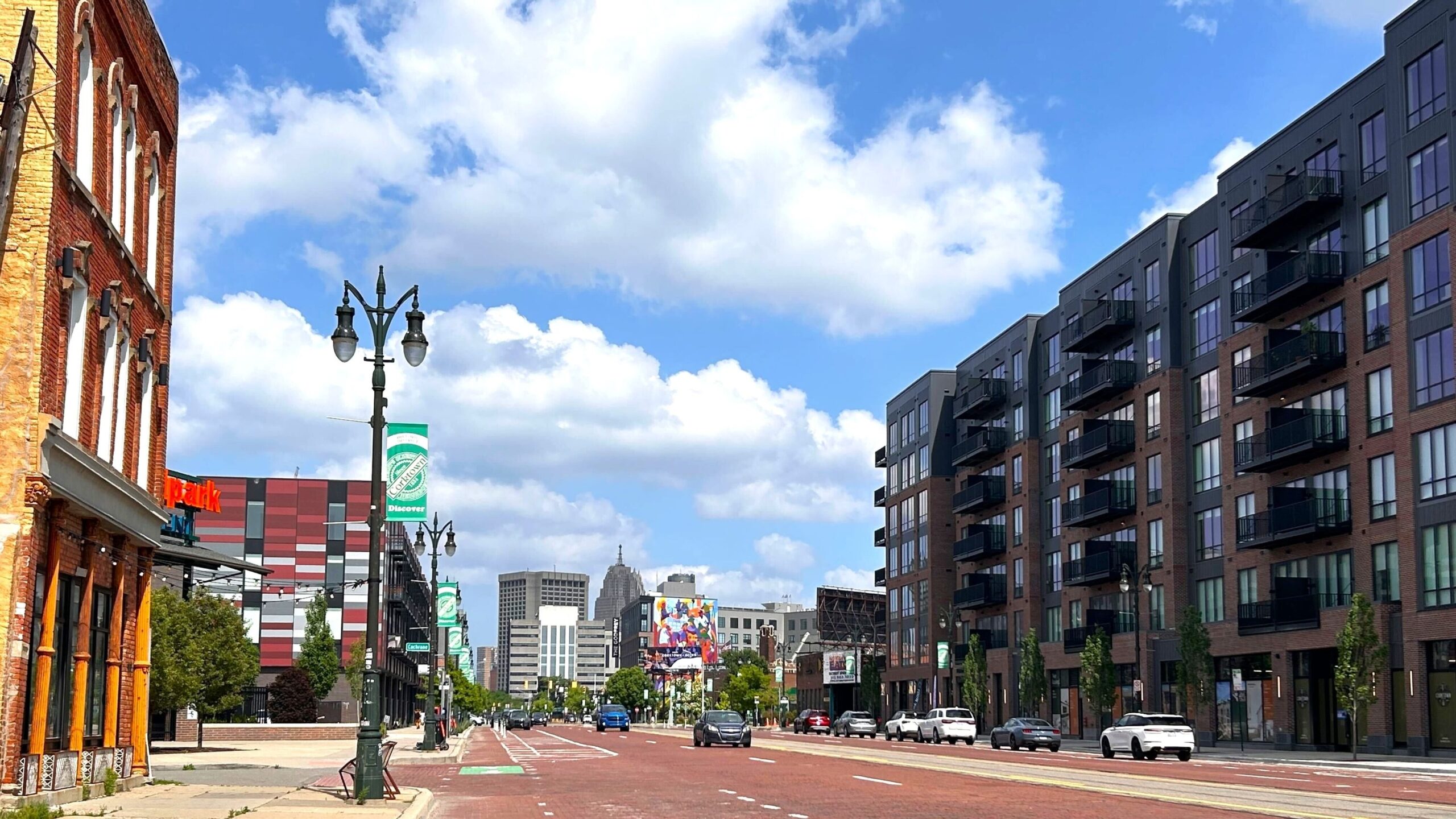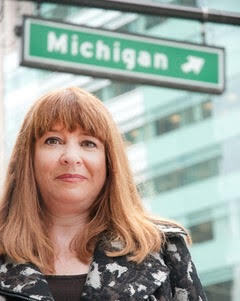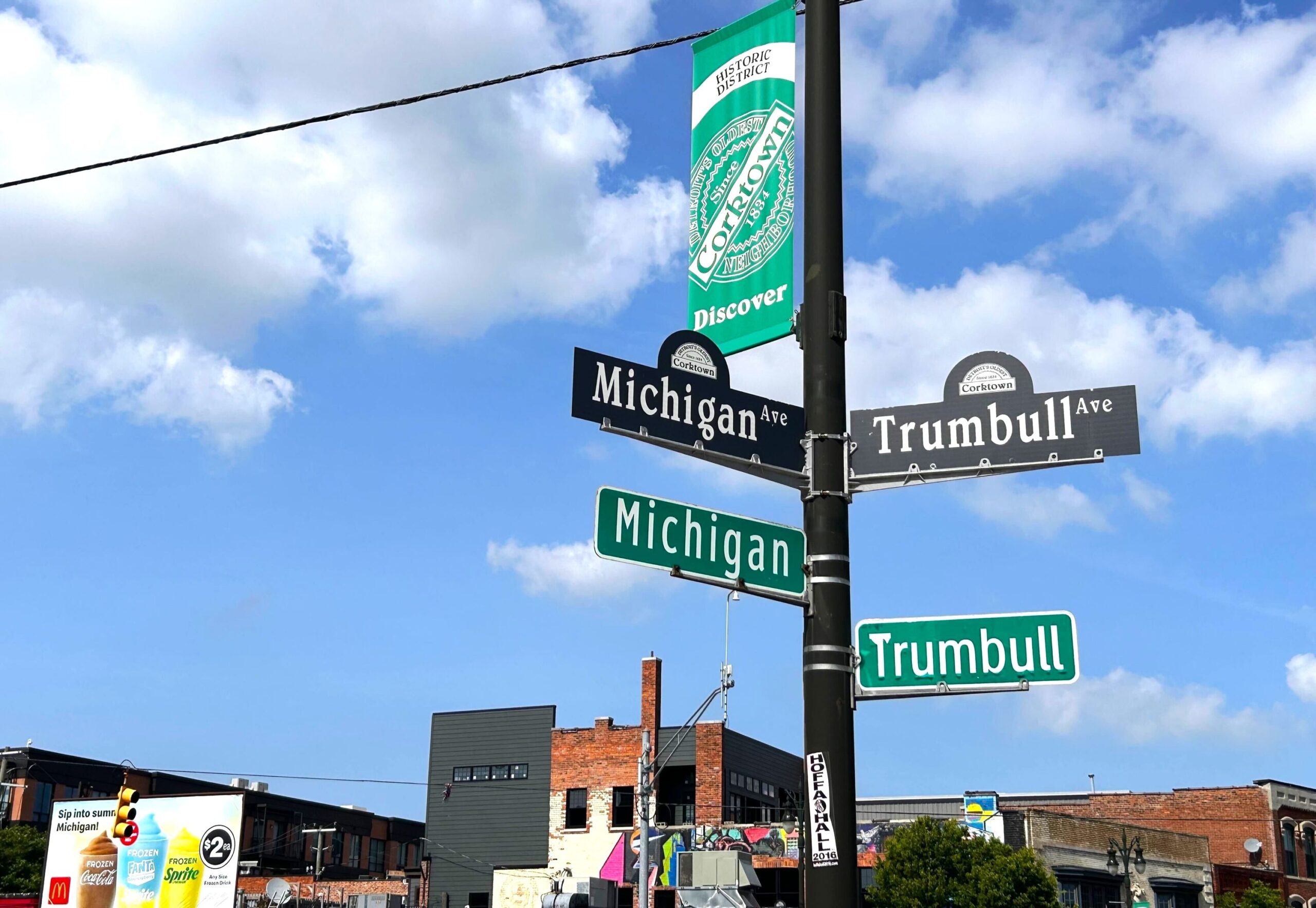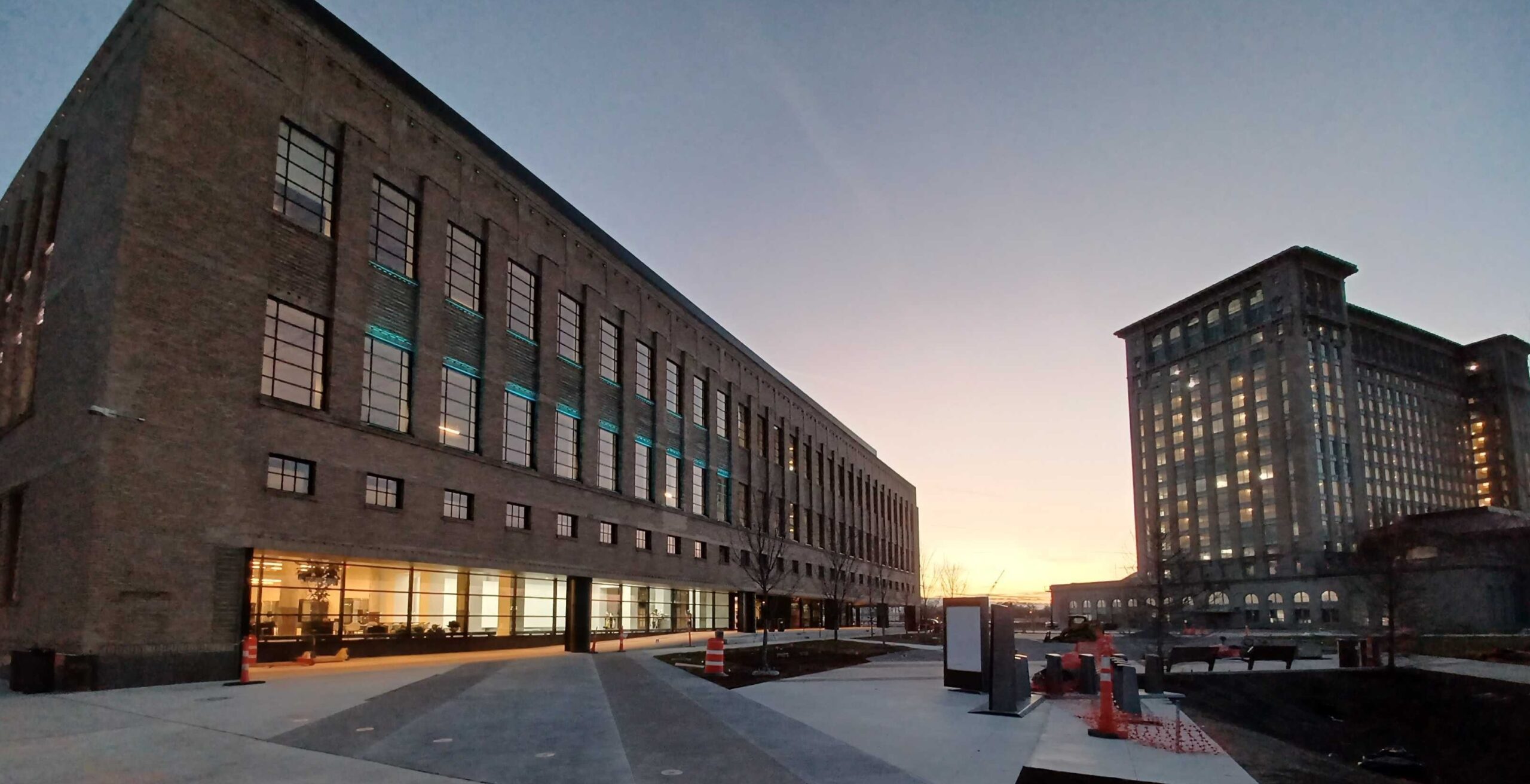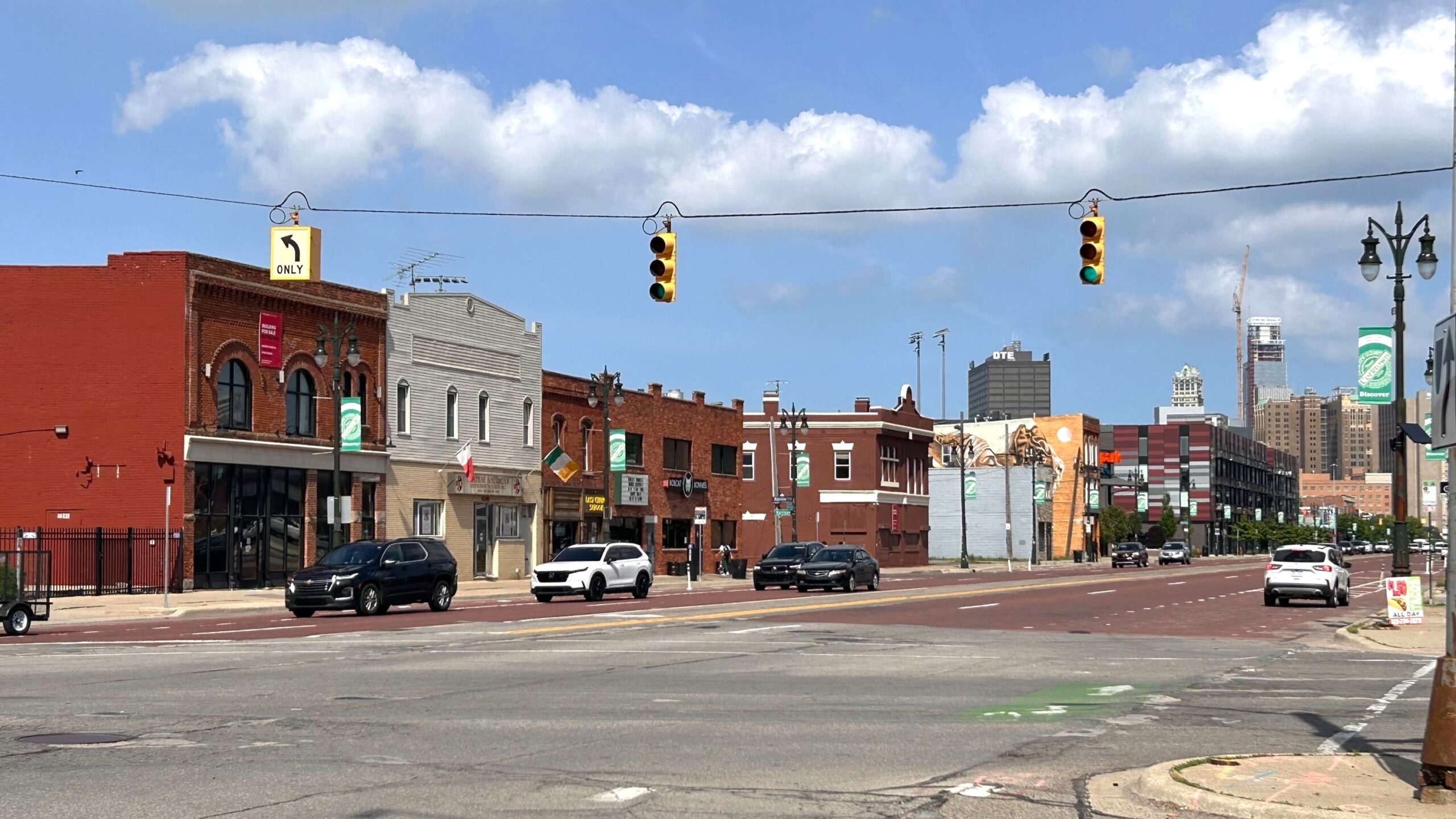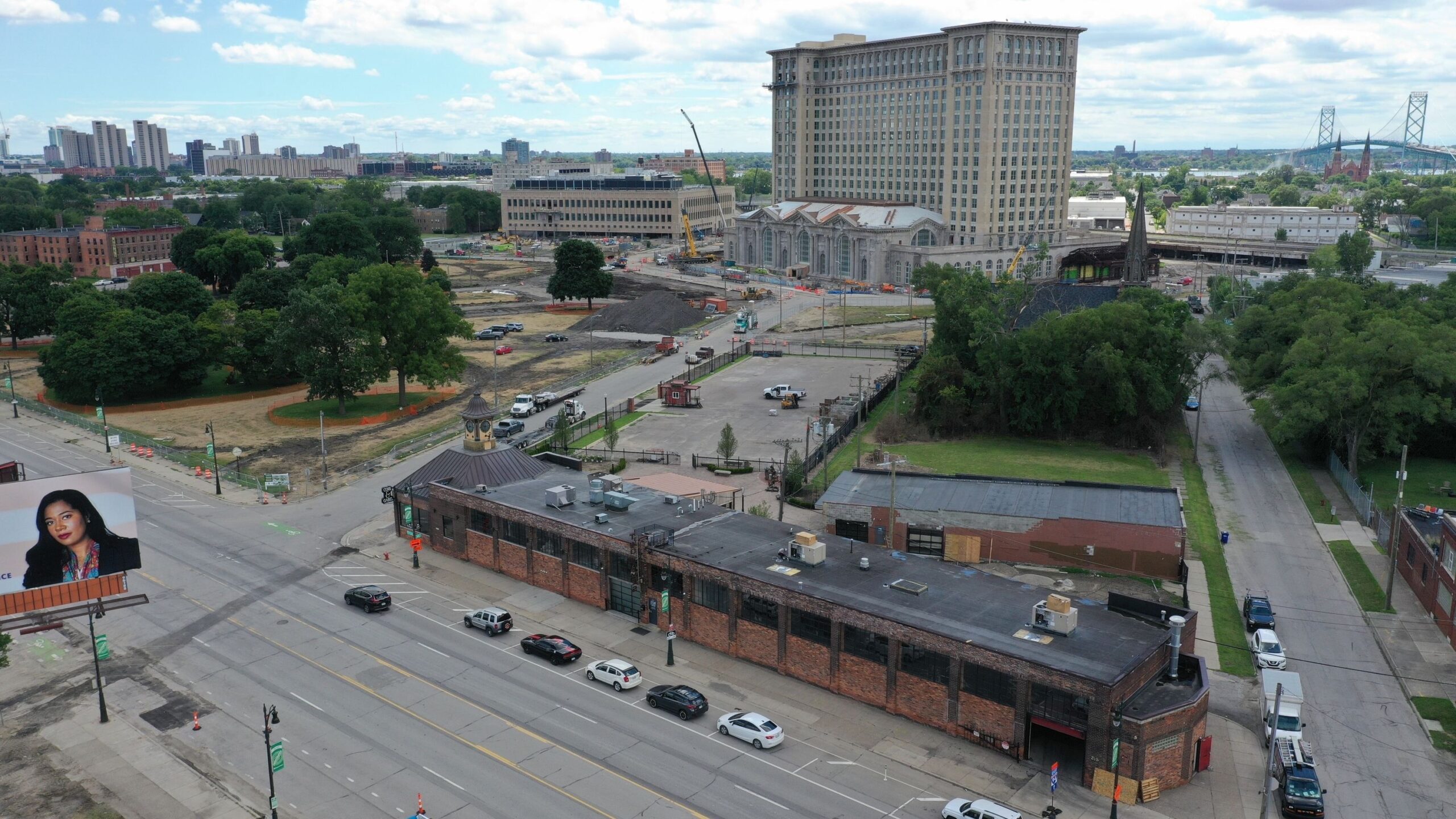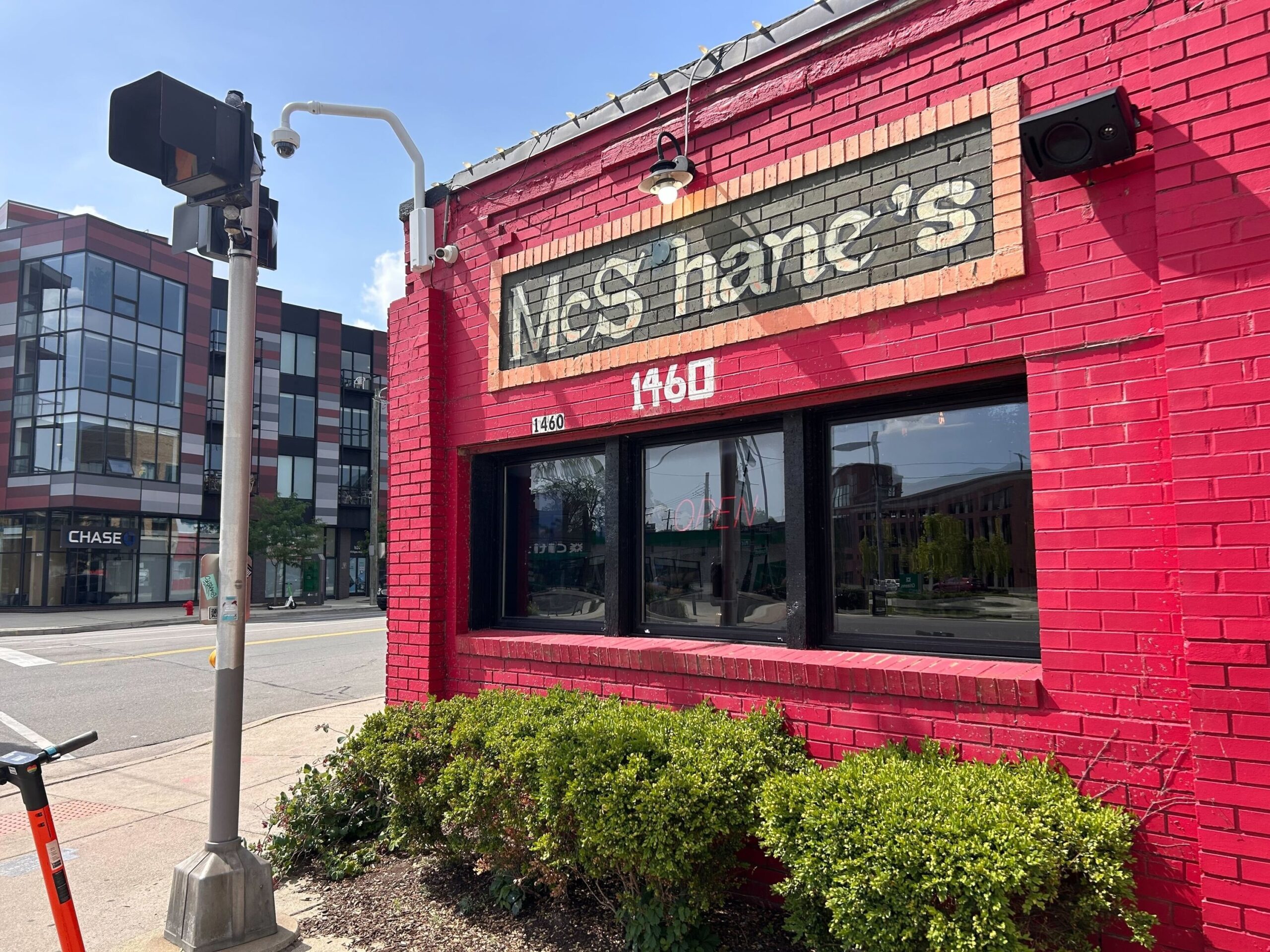Climbing costs
Property values across the city continue to climb this year. Last year, condos across Corktown ballooned in popularity due to the walkability of the neighborhood and the investments from Ford and other developers.
According to the Rocket Homes Corktown Housing Market Report, the median sale price of a three-bedroom house in Corktown increased 21.3% from May of last year to $620,000.
Bob Roberts, co-owner of McShane’s Irish Pub in Corktown and president of the Corktown Business Association, said he and his partners “beat the gold rush” when they opened the restaurant and bar in 2012, before the city’s bankruptcy and investments in the neighborhood.
Unfortunately, that didn’t save them from the impact of the added attention on Corktown.
“We experienced a 30% rent increase at McShane’s this year, which was substantial and a little bit of a surprise to get that much of an increase, but we did,” Roberts said. “We’re trying to figure out how to maneuver and what our next steps are.”
Other restaurants, like Michigan and Trumbull Pizza, have moved or closed due to the rent hikes, Roberts said.

